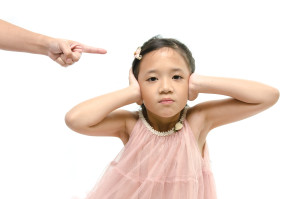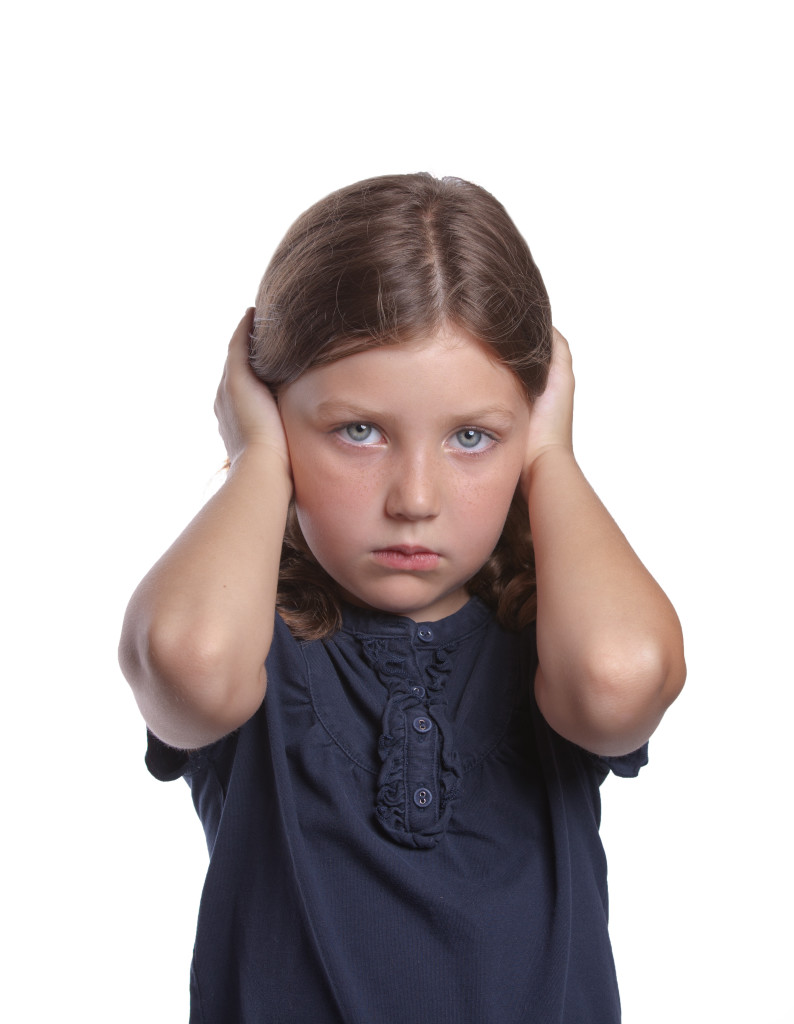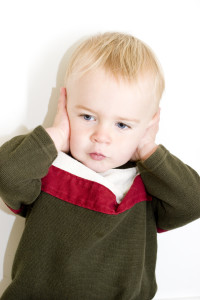Resilience alters the outcome of childhood trauma and abuse in a positive way. This is important because the level of abuse (physical, sexual, and verbal) is over 30%. Recent research has also demonstrated that verbal abuse often has the worst long-term negative impact. This seems counter to what we feel the greatest revulsion to, but when evaluated for the day-to-day life-long effect, this outcome begins to make more sense.
Verbal Abuse
Verbal (psychological) abuse tends to create repetitive negative thoughts. Depending on your age, imagine a record, CD, or MP3 playing over and over again, undermining your ability to believe in yourself or even like yourself.
“Psychological abuse of a child is a pattern of intentional verbal or behavioral actions or lack of actions that convey to a child the message that he or she is worthless, flawed, unloved, unwanted, endangered, or only of value to meet someone else’s needs.”
For the most part, Americans tolerate far higher levels of psychological abuse than are healthy. We welcome television shows into our home where abusive behaviors are modeled and often considered humorous. Just because such behaviors are common does not make them healthy. Our paradigm about healthy behavior needs to shift and education is the key. Many of the parents are merely repeating the behavior they witnessed as children or are emulating what they’ve seen on television with no awareness of the long-term consequences to children they love and want the best for. It is lack of knowledge, not lack of goodness, that leads to most psychological abuse. We remain silent when we witness parents demeaning their children in public. We do not have acceptable social interventions to help educate others about the potential long term consequences of their behavior.
I will probably always remember a young Mother in the grocery store telling her toddler how stupid he was for putting a can of food she had sat next to him in the cart into his mouth. There are times when I will say something but other times, such as that one, I felt any effort to educate her would be met with repudiations and possibly resentment for my interference. I was tired that day but what will be the long term consequences to that child of his Mother not knowing the damage she was doing by labeling her son stupid? Humans live up to the expectations others put upon us (Pygmalion effect (PDF)).
The damage is made worse by our tendency to teach our children to hide their feelings, to “keep a stiff upper lip” or “be strong.” There is nothing wrong with being strong but everyone needs a time and place where they feel they can safely release pent-up frustration, emotional hurt and anger or it becomes an infected wound that will eventually cause greater problems.
If the following behaviors are commonly tolerated in your home, consider modifying the behavior.
- Frequent yelling or screaming

- Using “the silent treatment” on family or friends to show displeasure or disappointment
- Negative comparisons to others
- Treating one another as if the person does not have significant value or worth
- Destroying treasured possessions or memories
- Mind games designed to make the victim question his or her sanity
- Misplaced blame (i.e. blaming a child for a parent’s problems)
- Sabotaging a child’s plans (such as withdrawing permission for a desired activity or making plans that interfere with the activity without a good reason and/or to deliberately interfere with the child’s ability to enjoy the activity.
- Showing favoritism is a form of discrimination and can have life long consequences to self-worth to the disfavored child and neuroticism for the favored child.
- Inappropriate conversations with children about other family members that create distrust, emotional pain, etc.
- Compulsive lying and denial of promises made

- Deliberately painting the child in a negative light to others
- Teaching the child to perceive the world in ways that will interfere with success (i.e. encouraging racism)
- Encouraging socially or legally unacceptable behaviors (i.e. violence, bullying, alcohol and drug use, theft, lying)
- Rage and ridicule of the child or of other members of the household
- Isolating the child from appropriate social interactions
- Too much or too little control over the child for age and development level (leaving the child alone for long periods of time or sitting with an older teen for hours every night supervising homework completion
- Repeated and frequent sarcasm
- Setting unrealistic expectations and then demeaning the child for not meeting the unattainable expectations
In time our society will recognize the undesired consequences of these abusive behaviors. All mentally healthy parents want the best for their children. Those with less than optimal mental health also usually want the best for their children but do not understand how to provide the nurturing environment. It is not that parents with the most emotional and mental damage do not want the best for their children so much as it is their own needs are far from met so meeting those of a child is beyond their ability unless and until their needs are addressed.
Many of our television shows demonstrate psychologically abusive behavior as if it is normal behavior. Well, it may be normal in our day and age but at some point in the future it will be widely recognized for the dysfunctional behavior it is.
You and your family will benefit from recognizing it sooner rather than later.
If you recognize some of these behaviors as your own but believe you cannot stop, please seek help. Professional help can work wonders when the individual is motivated to change. If you’re more inclined to seek improvement through learning, one of our classes will provide the information you need to know so that you can change ingrained behavioral and thought patterns. Behavior is largely the result of habit. When you understand how to successfully change the habits, you can change anything about yourself that you wish to change.
You don’t have to live with that negative voice in your head. It is not who you are. You are worthy of more, of a better life than you can enjoy with that repetitive negativity robbing you of your joy.
Children know at a very young age when the words hurt. When a child this young is covering his ears in response to the words being spoken it is a sign that the way the child is interpreting the words is damaging his self-esteem.
Healthy self-esteem is critical if the child is to fulfill his potential in life. It is much easier to sustain healthy self-esteem than it is to build it back up after it has suffered damage.
You want the best for your family. If behavioral patterns in your home do not support the best outcomes, take action. You are not stuck. Improvement is possible–but not if you continue doing as you’ve always done. Changing the outcome begins by changing behavior.
Contact us today to see how we can help.


Pingback: Private Schools and Suicide - Happiness 1st Institute
Pingback: Frank Parr
Yes. Use the contact form to contact us or sign-up for a class.
Pingback: Jonathan Sellers